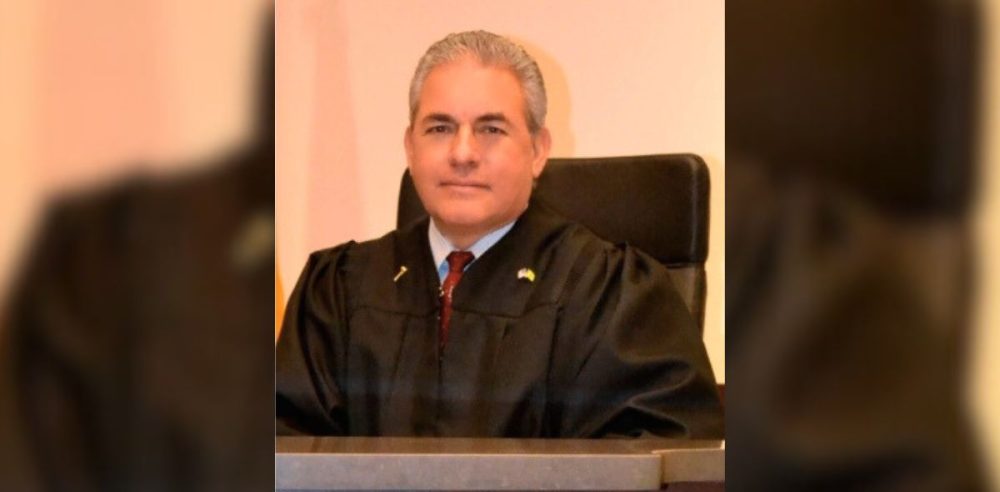New Mexico Magistrate Judge Joel Cano has resigned following the arrest of an alleged gang member at his family’s property.
Federal agents detained a Venezuelan national linked to the violent Tren de Aragua gang during a raid at the judge’s residence in February.
Cano submitted his resignation on March 3, 2025, just days after Homeland Security Investigations executed a search warrant at his home on February 28.
His resignation letter included a brief statement of gratitude: “Working with each of you has been a very rewarding experience for which I will remain eternally grateful. All the best to everyone of you. I wish all of you a happy retirement once you are ready yourself.”
The resignation wasn’t processed immediately. Though submitted in early March, Cano’s departure wasn’t effective until March 21, and the Supreme Court didn’t receive the paperwork until March 31, sources confirm.
At the center of the controversy is Cristhian Ortega-Lopez, 23, living in a guest house on property that was co-owned by Judge Cano and Nancy Cano. Federal agents arrested Ortega-Lopez on firearms charges after a raid uncovered weapons at the residence.
Investigators believe Ortega-Lopez has ties to Tren de Aragua, a notorious Venezuelan gang expanding operations in the United States. The suspect reportedly met Nancy Cano while doing handyman work in El Paso before moving into the family’s casita.
More troubling for investigators, evidence suggests April Cano, the judge’s daughter, may have provided Ortega-Lopez access to firearms, according to reports. Social media posts and videos from gun ranges are among the evidence being examined.
Ortega-Lopez remains held without bond at the Doña Ana County Detention Center while facing federal charges. Meanwhile, New Mexico’s governor will appoint a replacement for Cano to serve the remainder of his term, which ends in 2026.
The case highlights growing concerns about Tren de Aragua’s expanding presence across the southern United States, with law enforcement agencies increasingly monitoring the gang’s movements and recruitment efforts.


